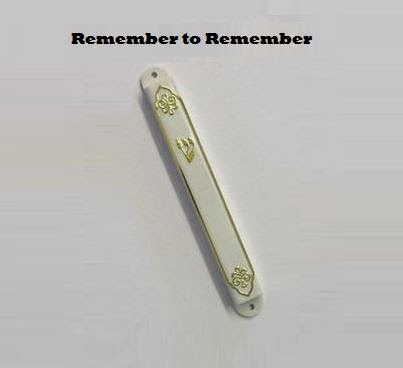Parshas Chukas - The Power of a Zechus
Parshas Chukas The Power of a Zechus By: Daniel Listhaus “ ...And Miriam died there....And there was no water for the assembly.” -Chukas 20:1-2 Rashi 1 comments that from the juxtaposition of these verses we see that for the entire forty years in the desert prior to this point, the well that the Jews had access to, which followed them on their journey, was only deserved through Miriam's zechus (merit). This is why when she died, the well disappeared and hid among the other rocks. What was Miriam's zechus which had the capacity of providing drinks to an entire population and their animals in the hot desert? Before Moshe Rabeinu was born, Pharaoh made a decree that all baby boys be killed. Rashi 2 there writes that in response to this, Amram, the father of Moshe, divorced his wife, Yocheved. Once he divorced his wife, the rest of the Jews then divorced their wives as well, as Amram was a leading Gadol Hador...
